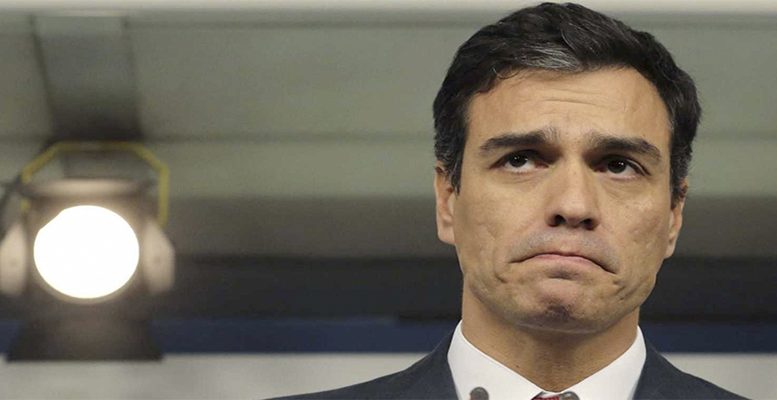Ana Fuentes | New Spanish elections: the political parties have been incapable of reaching agreement and Spaniards will have to vote again. They will be the fourth elections in four years. A period in which the credibility of the politicians, the patience of the voters and the economic muscle of the country have been worn thin, due to both internal and external factors.
Spaniards received the news last night that we will have to vote again in a state of stupor. For five years the political parties have been unable to weave the minimal network of mutual confidence. The Prime Minister Pedro Sanchez, from the socialist party, yesterday blamed his political opponents, both on the right (Partido Popular and Ciudadanos) and on the left (Podemos) of the blockage. But what is certain is that they have all shown themselves incompetent.
In no moment has Sanchez been self-critical. He explained that he wanted “a government which did not depend on separatist forces” and for that “he needed the PP and Ciudadanos, not their support, but their abstention”. With their 123 seats, the socialists could have reached an agreement with Unidas Podemos (42 seats), but even so, they would till have needed the abstention of the Catalans of Esquerra Republicana to secure a sufficient majority. It was this that Ciudadanos and Partido Popular have been using in recent months to accuse Sanchez of being a friend of the separatists, willing to break the constitution.
They have been hectic months, and even more so the last few hours. Monday afternoon, in a political manoeuvre, the leader of Ciudadanos Alberto Rivera reappeared after months of low profile and offered a deal to Sanchez: he would facilitate his election as Prime Minister if he would commit himself, in writing, not to pardon the Catalan separatist leaders in prison, among other things. Sanchez pointed out that various points in the deal had already been complied with, with the law in hand, and that in the case of the pardon it would be the judges of the Supreme Court who would decide the sentences, not the government.
New Spanish elections arrive with the economy in question on various fronts. The trade war between the US and China is already damaging Europe. Germany, motor of the EU, is suffering its own slowdown. The decisive moment in Brexit is approaching, which whatever happens will affect Spain more than its neighbours. To this must be added Spain´s own weaknesses: sovereign debt at 100% of GDP, unemployment which has still not fallen below 14% and consumer confidence which reflects the frustration of consumers.
In short, we are heading to new Spanish elections, expensive and unnecessary. The feeling is that the parties have not fulfilled their part of the social contract and which are wearing out the institutions, sending Spaniards to vote until the chosen result emerges. But chosen by whom?





